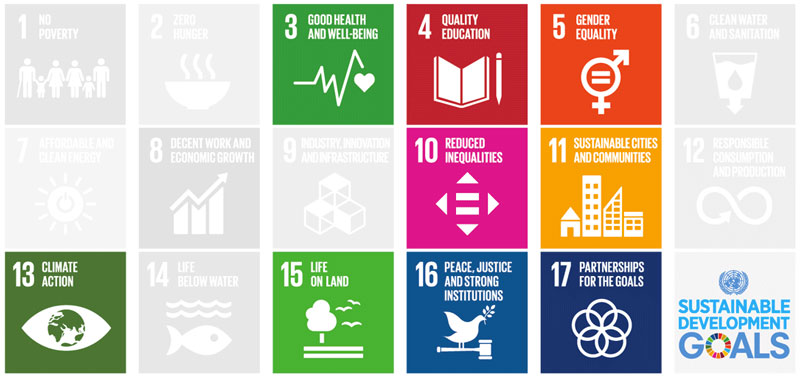Breakouts will be interactive, with participants encouraged to ask questions, provide links to relevant research and take part in polls.
Focus Areas
Sustainable Cities and Communities
This session is being presented in partnership with RMIT and Melbourne Water.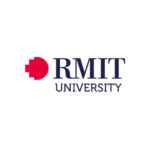

SDG 11: Sustainable Cities and Communities highlights the critical role of cities as a focal point for multiple challenges: population growth, densification, transport, energy, infrastructure development, social inclusion, waste – to name only a few.
The global pandemic has shone a new spotlight on the way cities and communities operate and challenged fundamental assumptions about future planning. Measures used to contain the spread of the Coronavirus such as lockdowns and restrictions on movement have changed what people in urban, peri-urban and regional locations want and need from where they live and work.
This session brings together climate, water and local government experts and practitioners to discuss how best to form inclusive and effective partnerships across sectors to ensure future cities are resilient, responsive, and sustainable.
Useful Resource: SDG 11: Make cities and human settlements inclusive, safe, resilient and sustainable
Session Host
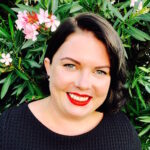 Mirerva Holmes, Executive Manager, Commercial, National Trust of Australia
Mirerva Holmes, Executive Manager, Commercial, National Trust of Australia
Mirerva has worked in private industry and government organisations including City of Melbourne, Engineers Australia, Melbourne Water and EarthCheck. Mirerva specialises in city and social activation to increase visitation to cities and regions. She has trained with Al Gore as a Climate Reality facilitator, has judged in both the Queensland Tourism Awards and the United Nations Environment Awards and was a facilitator for the Queensland Government’s Circular Economy Lab in 2019.
Speakers
 Lauren Mittiga
Lauren Mittiga
Manager, Water Services Planning, Melbourne Water
Lauren is a civil and environmental engineer with some 17 years’ experience in the different aspects of water engineering, water resources planning, infrastructure, and regulation. Lauren is passionate about sustainable use of water, water efficiency and intelligent water resources planning. She has spent time working in the water sectors of the UK and the Philippines.
 Professor Lauren Rickards, School of Global, Urban and Social Studies, RMIT
Professor Lauren Rickards, School of Global, Urban and Social Studies, RMIT
Lauren Rickards, a human geographer and ecologist by training, is now working primarily on climate change futures and related questions about the urban-rural and human-nature relationship. With degrees from the Universities of Oxford and Melbourne, and experience in the private sector, Lauren conducts research on many of the social dimensions of climate change, particularly in the water and agri-food sectors and with collaborators in other disciplines and organisations. Lauren advises a wide range of groups in government, business and the NGO sector on climate change issues and is a Lead Author with the Intergovernmental Panel in Climate Change. Within RMIT, she has been working with others to support critical and purposeful engagement with the UN Sustainable Development Goals and questions of research impact.
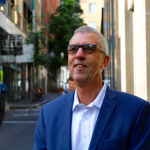 Steve Gawler, Regional Director, ICLEI Oceania
Steve Gawler, Regional Director, ICLEI Oceania
Steve joined ICLEI in 2008 as Director International Programs and was based in Jakarta for seven years coordinating climate change and disaster risk reduction programs. During this time Steve established the ICLEI Indonesia Office and managed projects funded by the Rockefeller Foundation, German Government and European Union.
Sustainable Development Goals
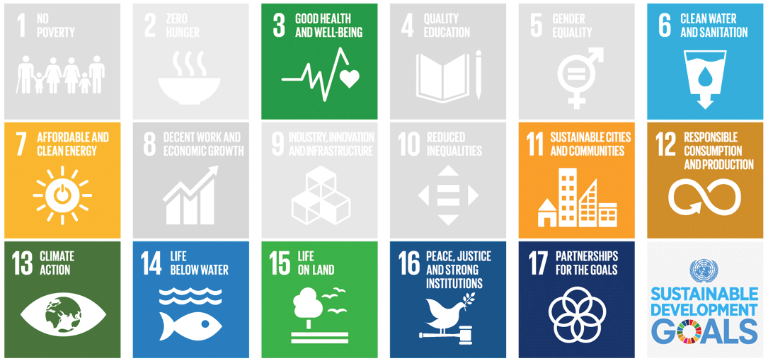
Women in Leadership
As crisis after crisis unfolded in 2020, women found themselves on the frontlines and stepped up to lead their communities through bushfires, COVID-19, the climate crisis and economic recession.
How can we make sure that women lead the creation of solutions to issues such as climate change, economic injustice and natural disasters that have such an impact on their lives?
These sessions will develop the partnerships needed to ensure that women’s leadership is at the forefront during the final decade of the SDGs.
Useful Resource: Women Rise for All – “Together we are stronger”
Session Host
 Yasmin Poole, Writer, Speaker and Youth Activist
Yasmin Poole, Writer, Speaker and Youth Activist
Yasmin is an award-winning speaker, writer and youth advocate. She is Plan International’s National Ambassador and champions the importance of young women being heard in Australia’s political conversations. She has also been a commentator on prominent television programs such as Q+A, The Drum and The Project.
Yasmin is the Non-Executive Board Director of OzHarvest, Australia’s leading food rescue charity and YWCA, a national feminist organisation that has supported women and girls for 140 years. In 2019, Yasmin was the youngest member of the Australian Financial Review 100 Women of Influence and Top 40 Under 40 Most Influential Asian Australians. She was most recently named The Martin Luther King Jr Center’s 2021 Youth Influencer of the Year.
Speakers
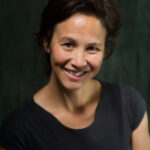 Professor Michelle Ryan, Inaugural Director, Global Women’s Leadership Institute
Professor Michelle Ryan, Inaugural Director, Global Women’s Leadership Institute
In July, Professor Ryan will take up the role of inaugural Director of the Global Institute of Women’s Leadership (GIWL) at The Australian National University (ANU). Michelle is a Professor of Social and Organisational Psychology. She is involved in a number of research projects, including examining the way in which context and identity shape and constrain women’s career choices. With Professor Alex Haslam, she uncovered the phenomenon of the glass cliff – a term that describes how women are often put in leadership roles during times of crisis or hardship, when the chances of failure are highest. Since its discovery, the term ‘glass cliff’ has entered public discourse and the concept informs and shapes debate and the public understanding of women’s leadership positions.
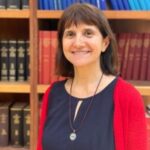 Stav Zotalis, Head of Global Engagement, ActionAid Australia.
Stav Zotalis, Head of Global Engagement, ActionAid Australia.
Stav has more than two decades experience in international development and humanitarian responses and has worked in the private finance sector in Sydney. She has spent the last 14 years working in Bangladesh, Cambodia, Myanmar and the Solomon Islands. Stav is a member of ACFID’s Development Practice Committee. She is passionate about gender equality and economic justice.
 Victoria McKenzie-McHarg, Strategic Director, Women’s Environmental Leadership Australia (WELA)
Victoria McKenzie-McHarg, Strategic Director, Women’s Environmental Leadership Australia (WELA)
Victoria, who is also Chair of the Climate Action Network Australia (CANA), is passionate about the power of collaborative leadership to create systemic social change. Victoria is an Advisory Board Member of the Melbourne Sustainable Society Institute (MSSI) at the University of Melbourne, and a Steering Committee member of the Forrest Gateway to the Otways project, developing a climate adaptation and community resilience facility in the Otway Ranges.
Sustainable Development Goals
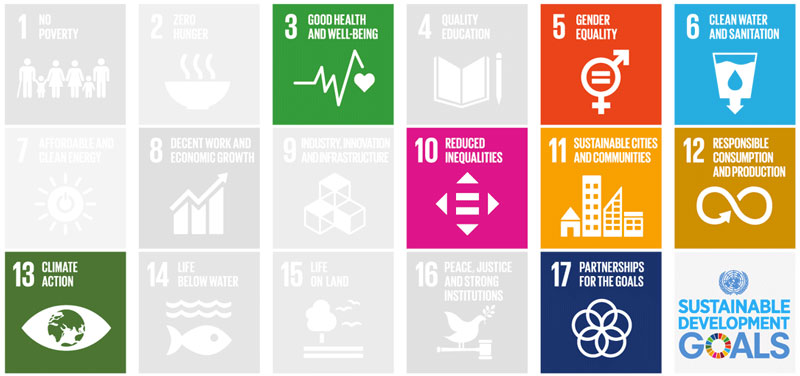
Financing the SDGs
Achieving the SDGs by 2030 requires increased investment and funding of projects and programs that can achieve true, lasting social and environmental change. The global pandemic has made this even more important.
Innovative and forward-thinking businesses, governments and philanthropic foundations will support start-ups, service providers and entrepreneurs who can demonstrate that their ideas will have real impact on the wellbeing of people and our planet. As this investment flows into on-the- ground change, social, environmental and economic benefits for everyone.
This session will provide examples of programs that can make real change and will discuss the partnerships needed to ensure their success.
Useful Resource: Financing the SDGs
Session Host
Zarmeen Pavri, Partner, SDGx, Senior Advisor (Australia/NZ), Global Impact Investing Network and Non-Executive Director, U Ethical Investment Management
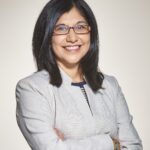 Zarmeen is a Partner at SDGx, a technology investment management and advisory group, focused on solutions that address the SDGs. She has over 25 years’ experience within the investment management, ESG, impact advisory, product development and commercialisation. Zarmeen was the Fund Manager for Department of Foreign Affairs and Trade’s (DFAT) $20m social impact innovation and the specialist impact investment adviser to DFAT’s LAUNCH Food Program.
Zarmeen is a Partner at SDGx, a technology investment management and advisory group, focused on solutions that address the SDGs. She has over 25 years’ experience within the investment management, ESG, impact advisory, product development and commercialisation. Zarmeen was the Fund Manager for Department of Foreign Affairs and Trade’s (DFAT) $20m social impact innovation and the specialist impact investment adviser to DFAT’s LAUNCH Food Program.
Speakers
 Elyse Sainty, Director, Impact Investing, Social Ventures Australia
Elyse Sainty, Director, Impact Investing, Social Ventures Australia
Elyse has been at the forefront of the development of Social Impact Bonds and outcomes-based contracting in Australia for almost a decade. She leads SVA’s work in this space and has been instrumental in the development of each of the 8 SIBs that SVA has launched to date. She has also provided advisory support to a range of governments and service delivery organisations implementing outcomes-based contracts. Elyse is a firm believer that the effort involved in putting together these transactions is worth it, as they force a deeper understanding of the drivers and cost of disadvantage, illuminate ‘what works’, and create partnerships with a meaningful and clear common purpose. Elyse’s thought leadership has been recognised through an Australian Impact Investment Outstanding Achievement Award.
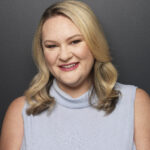 Nicole Battle, President, Australian Neighbourhood Houses and Centres Association
Nicole Battle, President, Australian Neighbourhood Houses and Centres Association
Nicole has been ANHCA President since 2019 and CEO of Neighbourhood Houses Victoria since May 2018. She is responsible for overseeing overall strategic operations and providing effective leadership for the sector. This includes ensuring a strong culture of governance and accountability and advocating to government and other external stakeholders to ensure the sustainability of the neighbourhood house sector now and into the future. Nicole previously worked in senior local government and not for profit sector roles as well as teaching politics and gender studies at Melbourne University.
Sustainable Development Goals
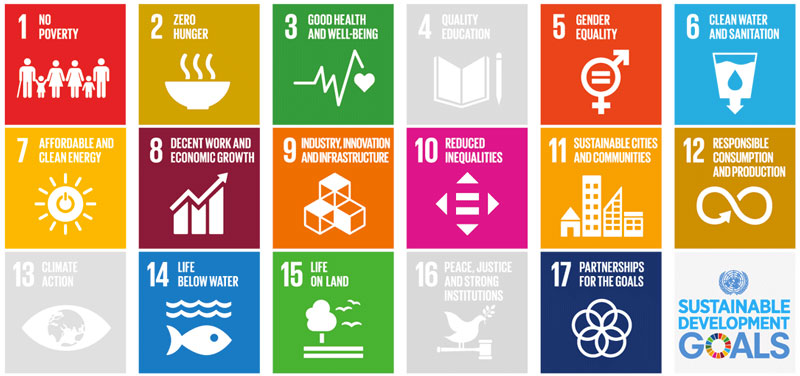
Global Health
This session is being presented in partnership with the Global Health Alliance 
Non communicable diseases (NCDs) are the leading cause of death globally, and one of the major challenges to sustainable development. Addressing NCDs is critical to reducing social and economic inequities and alleviating poverty, but rapid economic, environmental and social changes continue to make achieving positive public health outcomes more and more complex. Despite this, innovation, technology and non-traditional partnerships are providing hope for more accessible and effective solutions to tackling NCDs in the future.
This session will explore the ongoing challenges to addressing non-communicable diseases in our region, and what more needs to be done to improve health outcomes for people living with NCDs and the partnerships needed to drive these actions forward.
Session Host
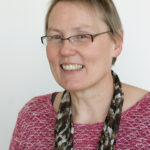 Professor Barbara McPake, Director, Nossal Institute for Global Health, Melbourne School of Population and Global Health
Professor Barbara McPake, Director, Nossal Institute for Global Health, Melbourne School of Population and Global Health
Professor McPake, a health economist specialising in health policy and health systems research, was appointed Director of the Nossal Institute for Global Health within the School of Population and Global Health, University of Melbourne in July 2014. Professor McPake’s current interests are focused on the issues of health system transition in middle income settings in the Asia Pacific region and include research on the impact of non-communicable diseases on health seeking behaviour and out of pocket expenditure in India (supported by the Bill and Melinda Gates Foundation) and the development of a program of One Health Economics initially focused on the Mekong region (supported by the Australian Centre for International Agricultural Research and the Australian government Indo-Pacific Centre for Health Security).
Speakers
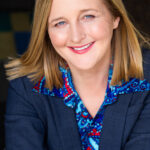 Professor Marion Saville AM, Executive Director, VCS Foundation
Professor Marion Saville AM, Executive Director, VCS Foundation
Professor Saville has held the position of Executive Director of VCS Foundation Ltd. since 2000. Marion has served on cervical screening advisory committees in Australia, New Zealand and Ontario, and chaired the working group to review Australia’s Guidelines for the management of screen-detected abnormalities in the National Cervical Screening Program. Marion has focussed on research and implementation projects demonstrating that it is possible to deliver high quality, acceptable cervical screening in a range of resource poor settings including Malaysia, PNG and Samoa. She is also interested in how culturally safe screening can meet the needs of disadvantaged groups who have poorer cancer outcomes, in Australia and New Zealand.
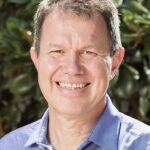
Professor Tony Capon, Director, Monash Sustainable Development Institute
Tony Capon directs the Monash Sustainable Development Institute and holds a chair in Planetary Health in the School of Public Health and Preventive Medicine at Monash University. He was a member of the Rockefeller Foundation–Lancet Commission on Planetary Health. A public health physician, Tony’s research focuses on urbanisation, sustainable development and human health. His career spans the local—as Director of Public Health and Medical Officer of Health in Western Sydney—to the global—as Director of the International Institute for Global Health at United Nations University (UNU-IIGH). Tony currently co-chairs the Future Earth Health Knowledge–Action Network.
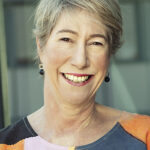 Professor Susan M Sawyer AM, Centre for Adolescent Health, Royal Children’s Hospital, University of Melbourne
Professor Susan M Sawyer AM, Centre for Adolescent Health, Royal Children’s Hospital, University of Melbourne
Professor Susan M Sawyer AM holds the Geoff and Helen Handbury Chair of Adolescent Health at the University of Melbourne and is Director, Centre for Adolescent Health at the Royal Children’s Hospital, a World Health Organization collaborating centre. A paediatrician by training, Susan’s efforts have helped to extend global understandings of the importance of adolescents and their health and wellbeing, in Australia and globally. She has developed a suite of educational initiatives to close the global learning gap, including a Massive Open Online Course in Global Adolescent Health. Her research interests primarily relate to quality health care for adolescents. Susan is President, International Association for Adolescent Health. She has held numerous advisory roles for the WHO and is the inaugural co-chair of an Australian Network of WHO collaborating Centres.
Sustainable Development Goals
